Luis Suárez’s spit was a small physical act with enormous symbolic force: one instant erased the polite fiction that greatness excuses everything, and reminded football that reputations are fragile, earned and easily stained. In the aftermath of the Leagues Cup final — a match Seattle Sounders won 3-0 — footage showed Suárez, restrained by teammates in a post-match melee, leaning and spitting at a member of the Sounders’ staff. The Leagues Cup Organizing Committee responded swiftly and unequivocally: a six-match suspension in Leagues Cup competition, fines for those involved, and a warning that Major League Soccer may impose further sanctions.
The optics were brutal because they were so simple: a veteran, world-class striker reduced to a gesture most people read as personal, humiliating and deliberately contemptuous. Suárez posted an apology on social media, calling his actions a mistake and expressing remorse, but apologies do not negate consequences. The committee’s decision explicitly ties those consequences to future Leagues Cup editions, meaning the suspension must be served across the next edition or editions until completed — a technicality that can stretch the punishment across seasons if Inter Miami do not repeatedly advance deep into the tournament. That quirk complicates how immediate and how visible the penalty will feel.
Context matters more than ever here. Suárez’s résumé is exceptional — titles, goals and match-winning moments at Ajax, Liverpool, Barcelona and beyond — but it is scarred by repeat misconduct: multiple biting incidents, a highly publicized racial abuse sanction in 2011 and other episodes that invited lengthy bans and global headlines. When a pattern exists, each fresh lapse is judged not as an isolated misstep but as evidence in a narrative already formed, and the public and regulators respond accordingly. For officials, repeat offenses are the clearest argument for deterrence rather than leniency.
The disciplinary package handed down after the fracas did not single out Suárez alone. Teammate Sergio Busquets received a two-match ban, Tomás Avilés drew a three-match suspension, and a Seattle staff member was also punished — all were fined and suspended under Leagues Cup rules. That spread of sanctions underscores how quickly a single flashpoint can create collateral consequences across squads, staff and future fixtures. It also highlights the committee’s choice to treat the incident as collective misconduct requiring a collective response.
There is a recurring debate here that transcends personalities: are sporting punishments proportionate and consistent? Some argue that violent tackles, reckless challenges and dangerous play sometimes attract punishments that feel muted compared with the heavy sentences reserved for acts viewed as demeaning, such as spitting. Others say spitting deserves special censure because it is not merely an act of gamesmanship but an assault on dignity. Both lines have merit; the real answer lies in clearer, cross-competition rules that harmonize how different jurisdictions treat similar behaviors so sanctions neither feel arbitrary nor hang in unintended loopholes.
For Inter Miami, the loss is tactical and reputational. Tactically, losing a seasoned striker for tournament play forces rotations, alters set pieces and raises pressure on teammates to plug the scoring gap; veteran instincts are not easily replaced. Reputationally, a repeated disciplinary marquee creates awkward conversations with sponsors, fans and potential recruits. Commercial partners are sensitive to headlines that link their brands to misconduct, and clubs factor behavioral risk into contract language, insurance, and future recruitment. A player’s value is increasingly a mix of goals and brand stewardship.
There is also a human and community angle. Footballers are public figures with outsized influence on young fans; recurrent public failings erode the trust that clubs and leagues build with communities and charitable partners. A punitive framework that stops at punishment misses the chance to repair harm. Discipline works best when paired with structured remediation: mandatory conflict-management training, psychological support, and restorative engagement with those directly harmed. Such measures convert sanctions into learning opportunities and reduce the risk of repeat headlines.
Institutionally, this episode exposes a governance fault line: tournament sanctions versus league jurisdiction. The Leagues Cup committee imposed tournament-specific suspensions; MLS retains the right to add league penalties. That split can create inconsistent outcomes where the intent of a ban is blunted by calendar gaps or jurisdictional limits. Fans and administrators would benefit from preagreed reciprocity clauses and transparent criteria for when tournament events trigger league penalties so that accountability is not diluted by scheduling technicalities.
Public reaction will be split — some will offer grace, calling it a heat-of-the-moment lapse; others will insist repeated misconduct deserves cumulative consequences. The most constructive response is more pragmatic than performative: a commitment from stakeholders to enforce rules consistently, to pair sanctions with rehabilitation, and to hold players to contractual standards that reflect modern brand risk. Talent will always deserve credit for what it produces on the pitch, but legacy is assessed by how that talent is conducted in moments of pressure, so brilliance without responsibility becomes a footnote rather than a triumph.
At its core, this case is both simple and systemic. A six-game Leagues Cup ban, public apology and a media storm are the immediate facts; the deeper challenge is preventing replays of the same pattern. That will require clearer rules across competitions, consistent enforcement, targeted rehabilitation for offenders and a willingness from clubs to put long-term integrity ahead of short-term results. Suárez will return to football if he maintains fitness and contracts, but the stain of this episode will persist unless concrete steps are taken to change behavior and governance. The match is over; the reckoning is not — and how Suárez, his club and the sport respond now will write the final lines of this chapter.
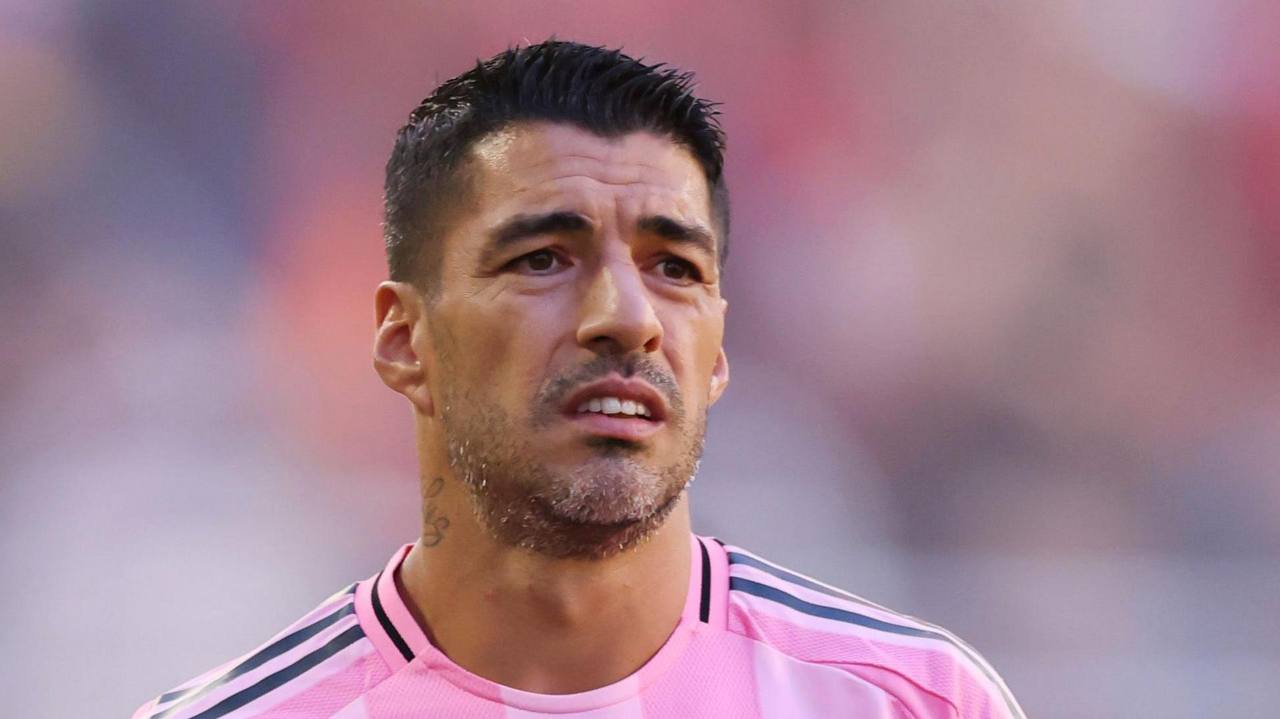


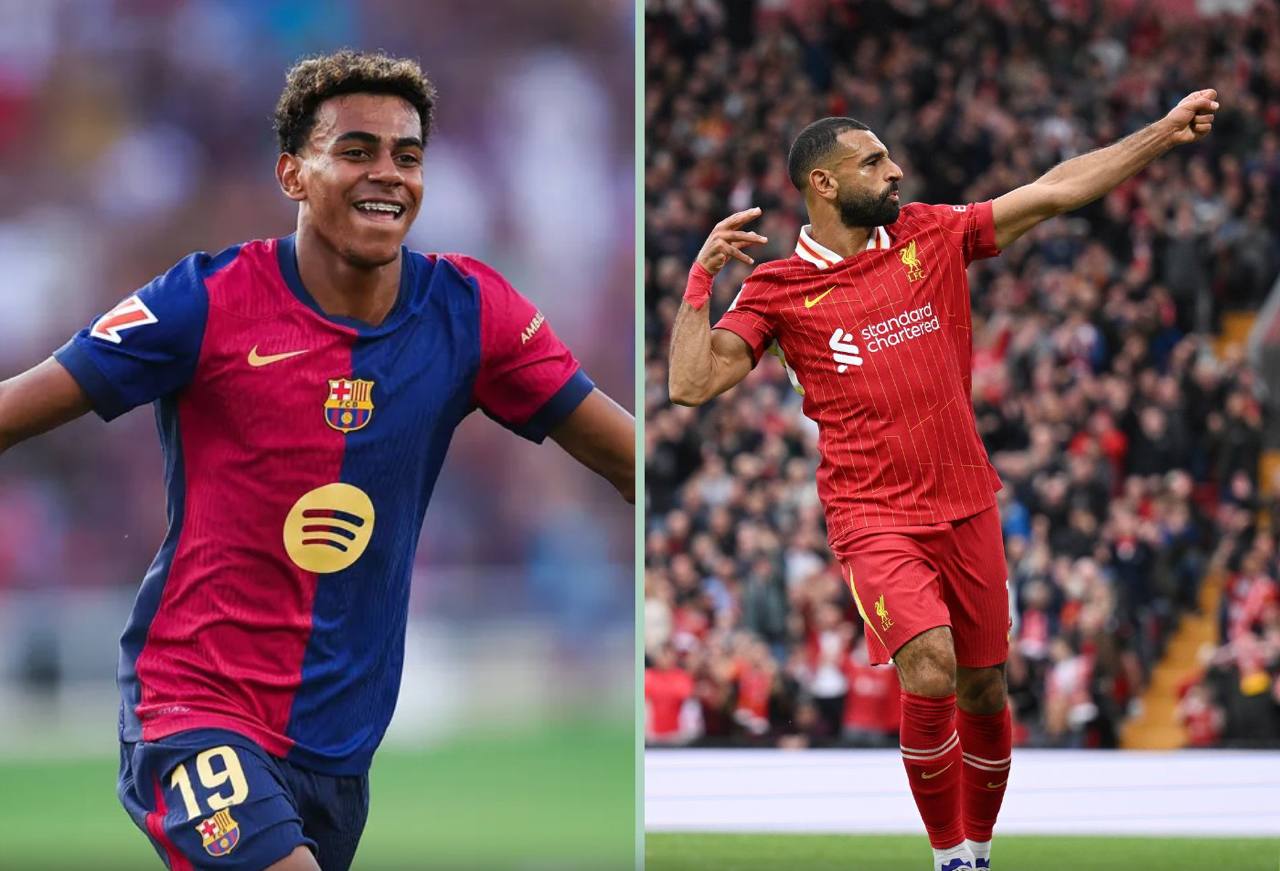

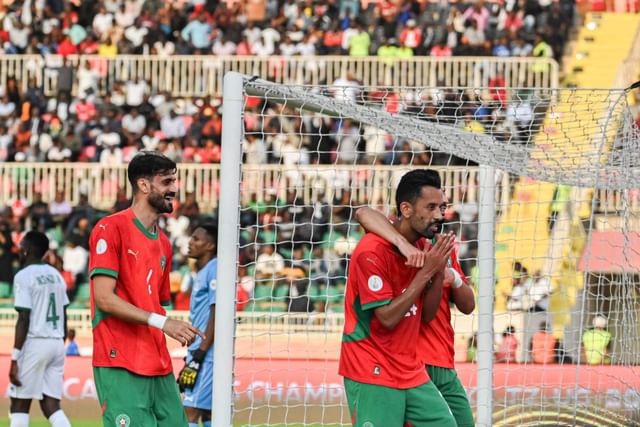
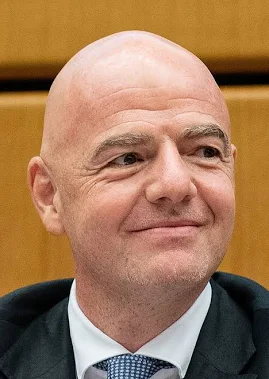
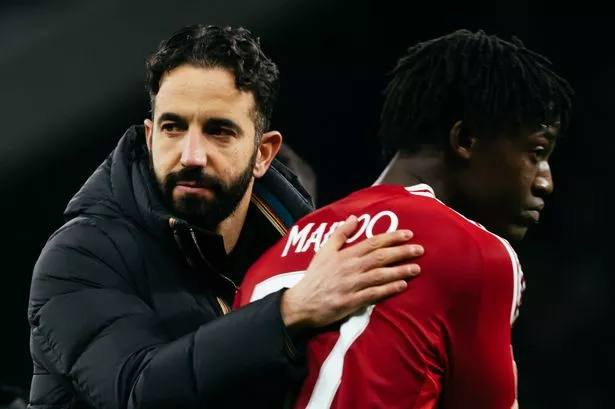
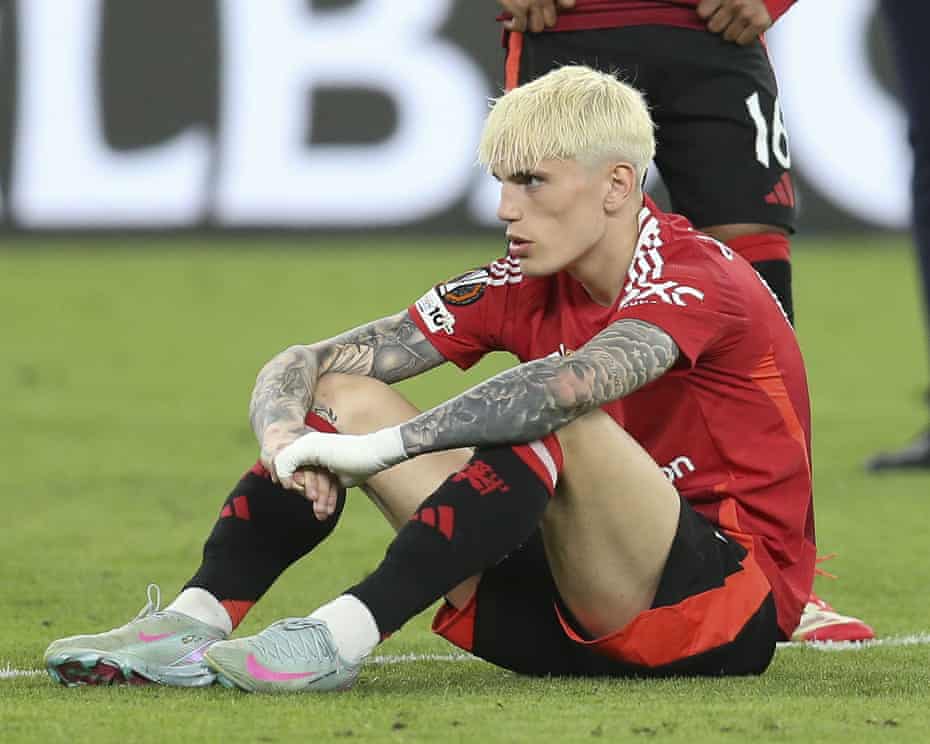
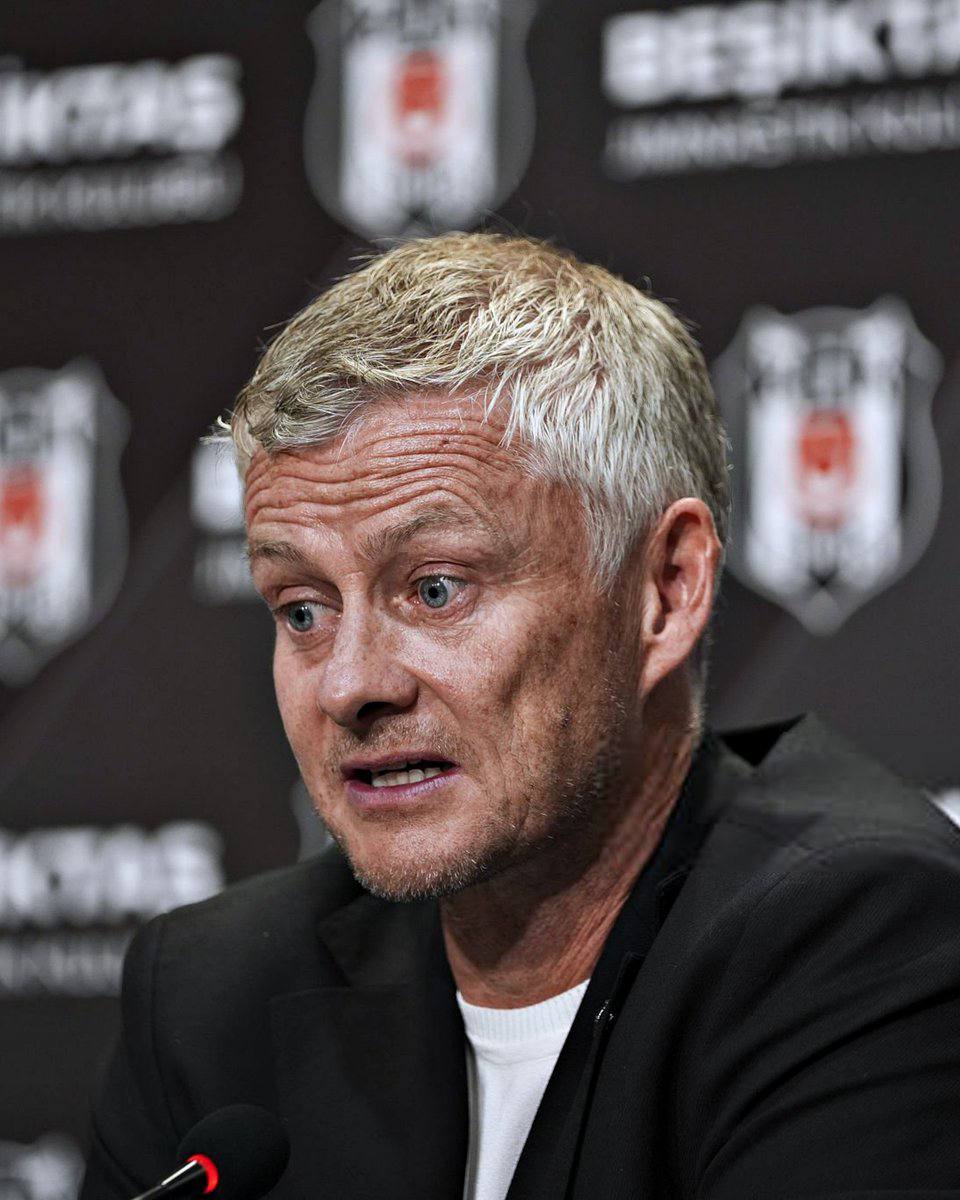

Comments (0)